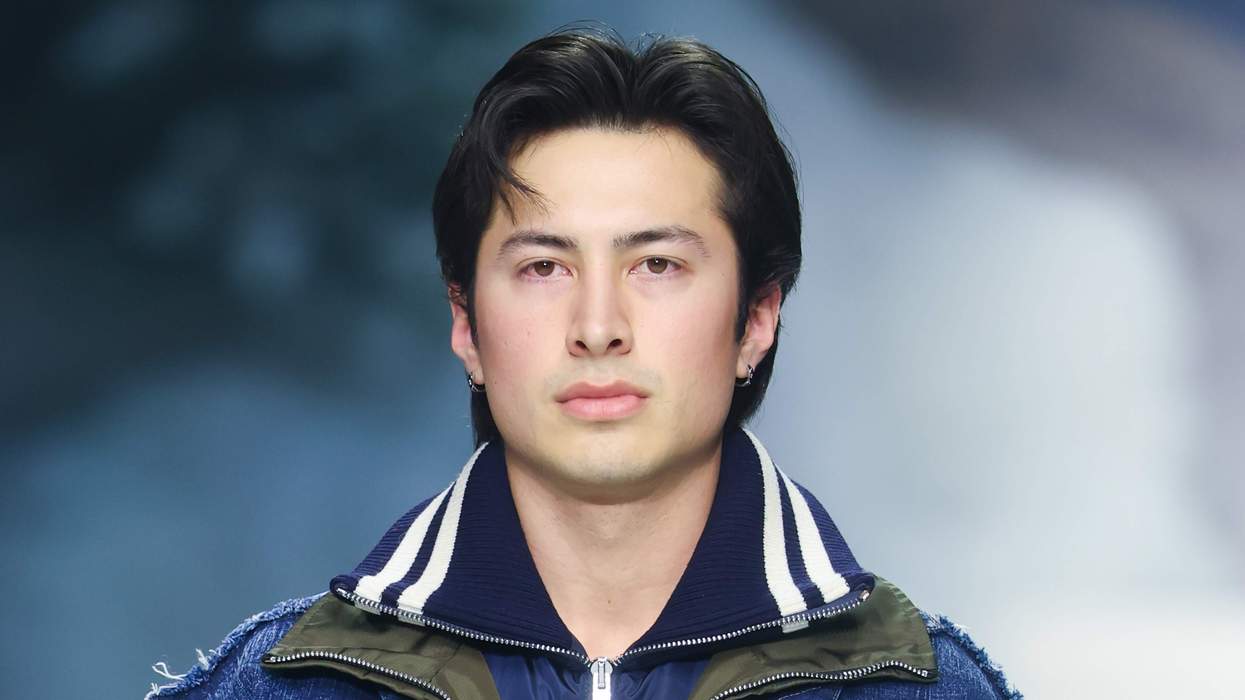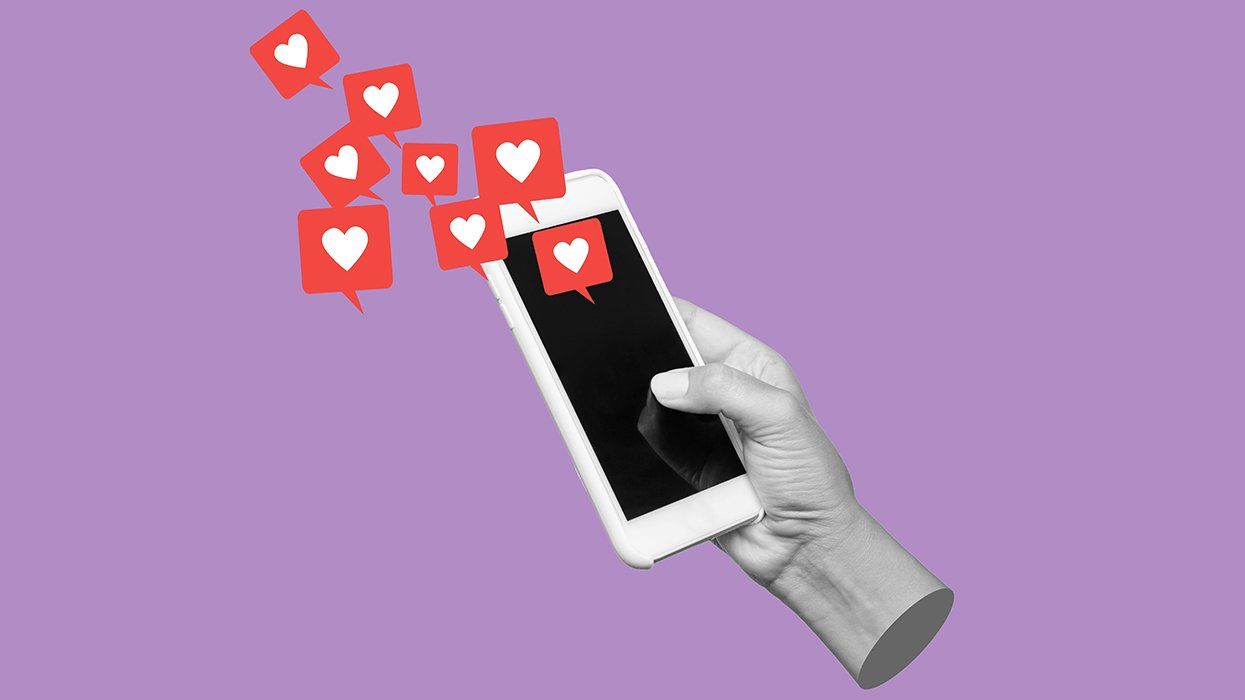Same-sex couples looking to start a family already have options available to them, but science might just be paving the way for one that allows both parents to be genetically related to their child.
OK this is about to get a bit technical, but stay with us here.
Science Advances recently published a study by Oregon Health & Science University into a technique called in vitro gametogenesis (IVG). Specifically, OHSU has been focused on replacing the nucleus of an existing egg with the nucleus of a genetically different skin cell, then removing half the chromosomes to allow it to be fertilized by sperm cells.
Currently, they have been experimenting with mice, but the end goal here is to be able to combine chromosomes from two people — one using skin cells and one using sperm cells — to produce viable embryos.
Although IVG is something the scientific community has been researching for some time now, according to an OHSU News press release, “the new study goes further by meticulously sequencing the chromosomes.”
“In the next phase of this research, we will determine how we enhance that pairing so each chromosome pair separates correctly,” said senior author Shoukhrat Mitalipov, Ph.D.
The authors of the study stressed that the technique is still a long way from potentially being viable for human use, but it’s something both infertile couples and LGBTQ+ couples hoping to have biological children have kept an eye on as the research has continued. And even though the OHSU study specifically focuses on using skin cells for the egg, other research is going into using various cells to create sperm, as well.
As potentially exciting as it is, it does raise a number of ethical questions and concerns about how this sort of advancement could ultimately reshape aspects of society and parenthood.
An article published by NPR last year features conversations about IVG replacing adoption, solo IVG (where a child is genetically only related to a single parent), and using cells from children, dead people, or even unaware celebrities to create an embryo. It also suggests this could contribute to the concern over designer babies being a thing of the future.
But while there may be larger implications at play, should this ever come to fruition, the idea of a world where the effective differences between same-sex couples and and opposite-sex couples shrink in and of itself does sound kind of nice.

























































 From left: Jena Malone, Jodie Foster, Jay-Z, and Kendall and Kylie Jenner.Featureflash photo Agency/Shutterstock; Tinseltown/Shutterstock; Tinseltown/Shutterstock; Taylor Hill/FilmMagic
From left: Jena Malone, Jodie Foster, Jay-Z, and Kendall and Kylie Jenner.Featureflash photo Agency/Shutterstock; Tinseltown/Shutterstock; Tinseltown/Shutterstock; Taylor Hill/FilmMagic












